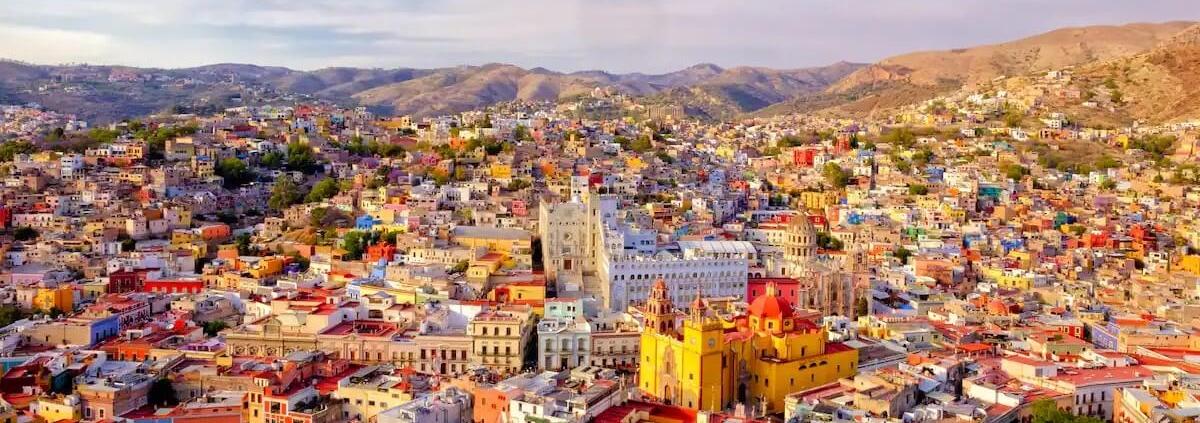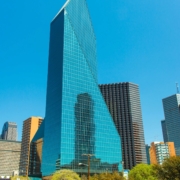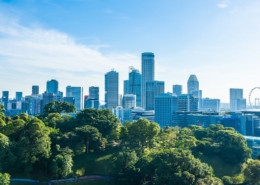Understanding the Airbnb Regulation in Mexico City: An In-depth Analysis with Facts and Figures
The Most Profitable Airbnb Locations in Mexico
The Profitable Potential of Airbnb in Mexico City
Introduction to Airbnb Regulation in Mexico City
Airbnb’s rise as a global disruptor in the hospitality sector is undisputed, and Mexico City stands as a testament to this transformation. Mexico City, renowned for its rich culture and historical significance, has seen a surge in Airbnb listings in recent years. This comprehensive article delves into the Airbnb regulation in Mexico City, illustrating its impact on the city’s socio-economic landscape through relevant data and analysis.
Airbnb’s Unprecedented Growth in Mexico City
Airbnb’s footprint in Mexico City has expanded at a remarkable pace over the last decade. As of June 2023, the platform boasted over 21,000 active rentals in the city, marking it as one of the primary destinations for Airbnb in Latin America. From stylish lofts in the modern district of Santa Fe to historic homes in the charming area of Coyoacán, Airbnb provides diverse accommodations that cater to a broad range of tourist preferences.
Economic Implications of Airbnb
The Airbnb boom has considerably impacted Mexico City’s economy. According to recent statistics, hosts earned over $40 million from their listings in 2022. Furthermore, the platform’s presence has stimulated the local economy, with related businesses such as cafes, restaurants, and tourist attractions reaping the benefits. An estimated additional $25 million has been pumped into the local economy as a result of the Airbnb-induced tourism boom.
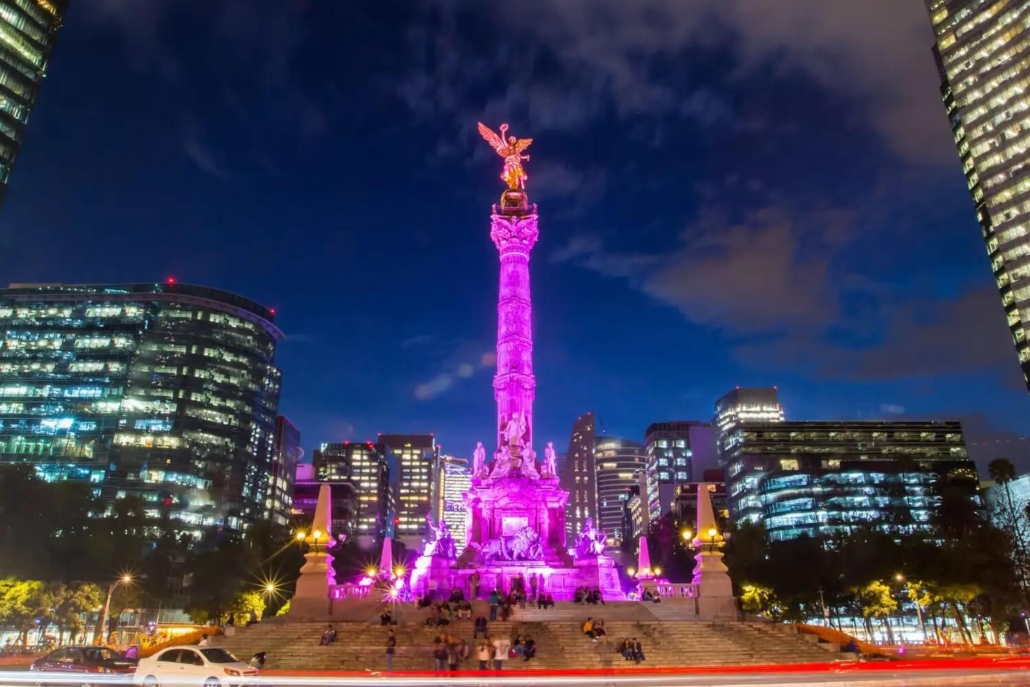
Regulatory Framework for Airbnb in Mexico City
Recognizing the substantial economic benefits and the need for regulatory oversight, Mexico City implemented a formal agreement in 2017 requiring Airbnb to pay a 3% lodging tax on bookings. This marked a significant step towards the regulation of the short-term rental market in the city. The agreement has since brought in over $2 million in tax revenue, bolstering the city’s finances.
The Challenge of Compliance with Local Laws and Building Regulations
Airbnb isn’t without its share of regulatory challenges. Hosts are required to comply with a range of local laws and building regulations, encompassing zoning rules, rental regulations, and building codes. Despite efforts to educate hosts about these requirements, non-compliance persists.
Understanding Airbnb’s Socio-Economic Impact
The socio-economic implications of Airbnb’s presence in Mexico City are wide-ranging and multifaceted. According to a report published by the Economic Research Institute (EPI) in 2019, Airbnb was estimated to have attracted more than 250,000 visitors to Mexico City in that year alone. These visitors contributed to a vibrant tourism industry and an estimated influx of over $20 million in foreign exchange.
The platform’s growth also has significant implications for the local housing market. A 2019 study by the Urban Studies Journal found that the influx of short-term rentals in Mexico City’s popular neighborhoods had led to a moderate increase in property prices, with an estimated rise of around 3-5% over the past five years. This has sparked debates on the affordability of housing and the risk of gentrification in these neighborhoods, underscoring the need for effective regulation and policy measures.
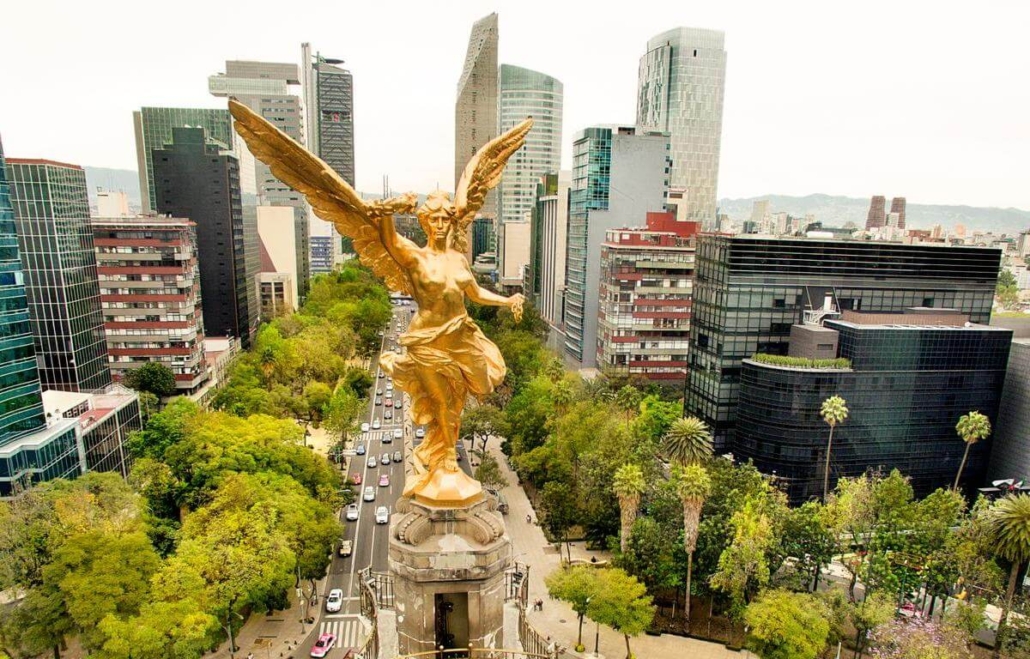
Mexico City’s Dynamic Response to the Airbnb Phenomenon
The regulation of Airbnb in Mexico City is a response to the significant impact the platform has had on the housing market in the capital. The influx of digital nomads and high inflation rates have caused housing costs in Mexico City’s affluent neighborhoods to soar in recent years. The New York Times reports that median rent prices have surged from $800 to $1,800 a month, with certain neighborhoods like Condesa and Polanco exceeding $2,000 a month. This has brought housing costs in Mexico City to levels comparable to major cities in the United States, creating a housing affordability crisis in a city where full-time workers may earn less than $300 a month.
Regulation of Airbnb by the Mexican Government
In this context, the rise of Airbnb has played a substantial role in the housing dynamics of Mexico City. Digital nomads and foreigners have fueled the platform’s popularity, increasing housing competition. Mexico City Mayor Claudia Sheinbaum initially announced an alliance with Airbnb and UNESCO to attract digital nomads, aiming to position Mexico City as a global destination for remote workers. However, this move sparked backlash, as it was seen as exacerbating gentrification and further inflating rents. As a result, the city government announced plans to regulate Airbnb to address the growing unaffordability of housing for local residents.
These regulatory efforts align with similar measures implemented in cities like London, New York, and Barcelona, which have experienced the adverse effects of Airbnb on their housing markets. The regulations aim to prevent neighborhoods from being dominated by short-term rentals and to ensure a balance between the needs of residents and the growth of the tourism industry. It is crucial to strike a balance that allows for the benefits of Airbnb, such as utilizing underutilized spaces and providing cost-effective alternatives for budget travelers, while mitigating the negative impacts on housing affordability and neighborhood dynamics.
The regulation of Airbnb in Mexico City reflects the city’s commitment to achieving housing equality and affordability. As Mexico City continues to evolve and adapt, the regulatory framework will likely undergo further changes to address emerging challenges. Learning from the experiences of other international cities and collaborating with stakeholders will be essential in fostering a sustainable and inclusive short-term rental market that benefits both residents and visitors. By striking the right balance between tourism promotion and housing protection, Mexico City can navigate the complexities of the Airbnb phenomenon while prioritizing the welfare and accessibility of housing for its residents.
To sum up, specific regulations regarding Airbnb in Mexico City have yet to be specified. The Mexican government wants to regulate Airbnb in order to prevent it from owning entire neighborhoods and displacing locals. These regulations are intended to address the surging phenomenon of prohibitively expensive housing for local residents.
Conclusion
In conclusion, while specific regulations regarding Airbnb in Mexico City are yet to be fully outlined, it is important to recognize the positive aspects that the platform brings to the city. Airbnb offers diverse and affordable accommodations for travelers, unlocking the potential of underutilized spaces and contributing to the local tourism industry. The platform has also generated significant economic benefits, with hosts earning millions of dollars and related businesses reaping the rewards of increased tourism. By striking a balance between regulation and innovation, Mexico City can harness the positive aspects of Airbnb while ensuring the welfare and accessibility of housing for its residents. Collaborative efforts between the government, stakeholders, and Airbnb itself will be crucial in shaping a sustainable and inclusive short-term rental market that benefits both visitors and the local community.

